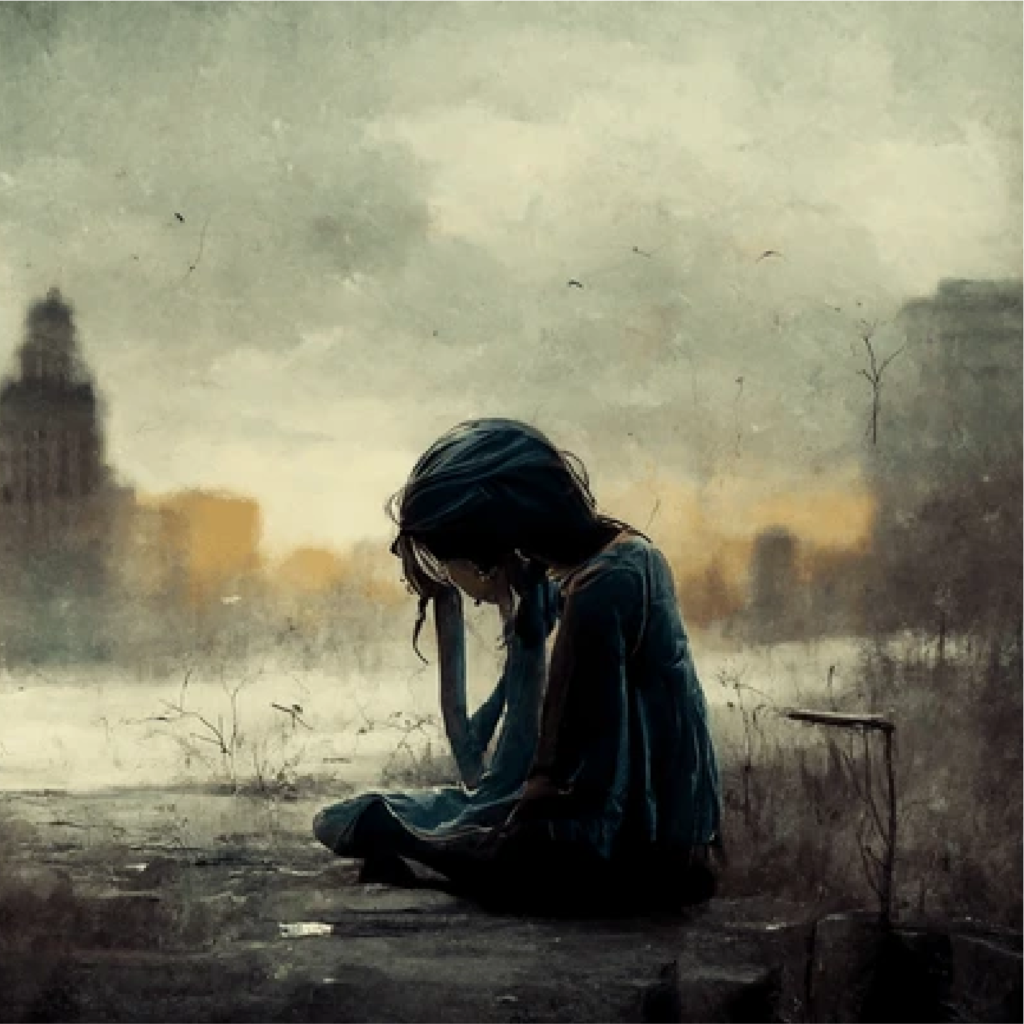Imagine a young man named Aditya. He was once full of energy, extroverted, loved his job, and had a knack for bringing laughter everywhere he went. But over the past few months, things started changing. His friends noticed he no longer came out for outings or even meets, his work performance began slipping, and he seemed distant even in conversations. People around him wondered if something was going on. This is a story many of us might recognize, either in someone we know or maybe even in ourselves. What Aditya was experiencing could be symptoms of depression.
So, how can we recognize when someone might be struggling with depression, or if we might be ourselves?
- Changes in Energy and Enthusiasm
Imagine if someone who once loved life suddenly starts feeling like they are moving through quicksand. Tasks that were once easy become tedious and exhausting, and even getting out of bed in the morning feels like a task difficult to accomplish. This loss of energy and enthusiasm can make them feel weighed down and as if even the smallest tasks require all their energy.
In Aditya’s case, he started avoiding work-related tasks and neglected social invitations. For him, everything felt like a burden, and he could not understand why he was so tired, both physically and emotionally. This drop in energy and enthusiasm is often one of the first signs of depression.
- Loss of Interest in Activities
Think about someone you know who loves cooking, sketching, or maybe even going to the gym. But suddenly, they seem uninterested in any of these activities. Even the things that once brought them happiness now feel dull or meaningless.
For example, Aditya may have loved photography, and used to spend weekends capturing shots of nature. But recently, he found his camera gathering dust. His favourite hobby seemed to have lost its charm, and no matter how much he tried, he just couldn’t muster the excitement he once had. This feeling of detachment from hobbies, work, or social activities is another significant sign of depression.
- Feeling Overwhelmed by Guilt or Worthlessness
Depression often brings along a harsh inner critic, one that constantly tells people that they’re not good enough or that they’ve let others down. Imagine constantly feeling like a failure, even when things are going well, or blaming yourself excessively for things that aren’t even within your control.
In Aditya’s case, he may have begun feeling guilty for missing deadlines at work, even though his colleagues were understanding. He started to believe he was disappointing everyone around him. He felt like a burden to his family and friends, which only made him withdraw further. This feeling of guilt and worthlessness is another way depression can impact someone’s life.
- Physical Symptoms Without a Clear Cause
Sometimes, depression shows up in physical ways too. People might experience body aches, headaches, or stomach issues without a clear medical reason. These aren’t imaginary pains but very real physical symptoms that can be the body’s way of expressing distress.
Aditya could have found himself suffering from frequent headaches and digestive issues. He visited doctors, did tests, but nothing concrete came up. These physical symptoms, along with his emotional struggles, pointed toward something more than just routine stress.
- Sleep Disturbances
A noticeable change in sleep patterns can also signal depression. Some people may struggle to fall asleep or wake up too early, while others might end up sleeping too much, finding it hard to get out of bed even after hours of sleep.
For Aditya, sleep became a challenge. He would toss and turn at night, replaying the day’s events in his mind, worrying about the future, and feeling restless. Even after long hours in bed, he never felt truly rested. This disrupted sleep cycle made his energy levels dip even further, creating a cycle that was hard to break.
- Changes in Appetite
Another indicator of depression is changes in eating habits. Some people might lose their appetite completely, while others may find themselves eating more, often as a way to comfort themselves. Either way, this shift in eating patterns can be a red flag.
Aditya, who was once a food lover, began skipping meals, saying he just wasn’t hungry. His family noticed he was losing weight, which only added to their worry. For others, depression might lead to overeating, using food as a way to cope with their emotions.
- Difficulty Concentrating and Making Decisions
Depression can make even the simplest decisions seem overwhelming. Imagine struggling to decide what to wear in the morning or finding it impossible to focus on a book or movie. This mental fog makes concentration difficult, and everyday choices feel exhausting.
Aditya’s work suffered as he found it hard to focus, and even simple tasks felt confusing. He struggled to keep up, which only made him feel worse about himself, adding to his cycle of guilt and stress.
When to Seek Help
If you or someone you know has been feeling like Aditya, it is essential to remember that help is available. Depression isn’t just “feeling down,” and it is certainly not something one can simply “snap out of.” It’s a real condition that requires understanding, compassion, and often professional support. Reaching out to a mental health professional is a significant first step, as they can provide the tools and guidance needed for recovery.
In Aditya’s case, recognizing these signs helped him take the first steps toward healing. Remember, noticing the symptoms early can make a world of difference. Depression is not a weakness, and seeking help is an act of courage and self-respect.
